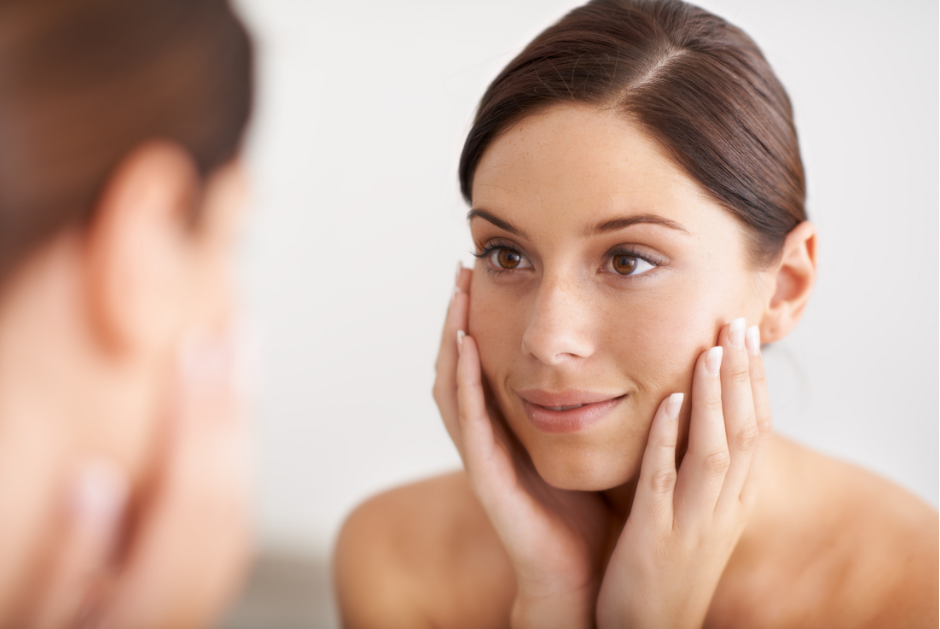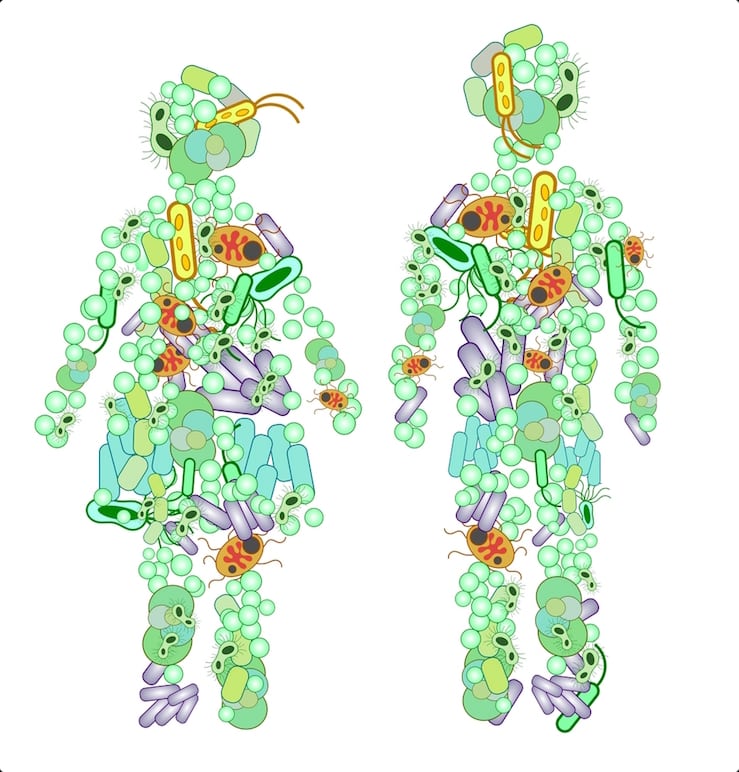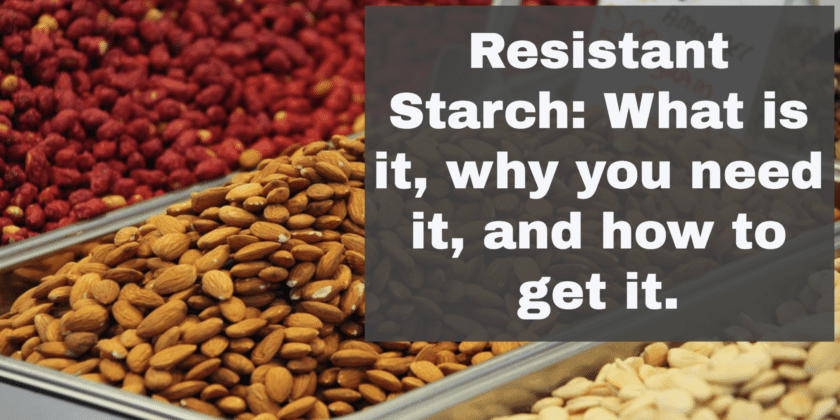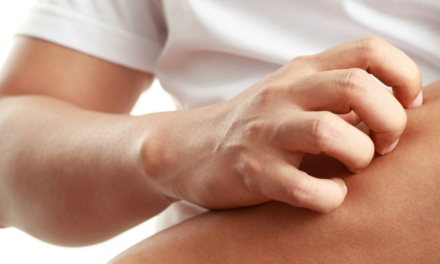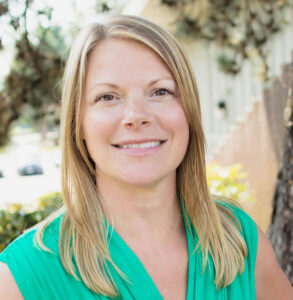Are you struggling with acne? Whether this has been a struggle since you entered puberty or is a new and unwelcome occurrence in adulthood, it can be extremely frustrating to say the least. Clear. glowing skin is what everyone wants, right?!
The typical solutions for acne, such as harsh face washes, peels, antibiotics, and retinol creams, are hard on the skin and body. These treatments each come with their own side effects and often are quite expensive. Let’s dive into the effects of some of these treatments. (If you already know why you shouldn’t use these, go ahead and jump down to the protocols. 🙂
Antibiotics
Antibiotics are routinely given for stubborn acne. The drawbacks to using antibiotics are fairly well-known these days. Most concerning is what they do to the microbiome. Since antibiotics are indiscriminate, they kill off your friendly bacteria as well as the ones causing trouble. Without the “good guys” in your GI tract, other microbes, like yeast, have an opportunity to overgrow and really wreak havoc! A yeast overgrowth can actually cause acne! It is best to save antibiotics for life-threatening emergencies. Even using antibiotics topically can upset the microbiome of your skin as well as your gut. Your skin is your largest organ and everything you put onto your skin gets absorbed into your body! This is why it is commonly said that if you can’t eat it, you shouldn’t be putting it on your skin.
Accutane
This is a common acne treatment and hosts a horrendous side effects list! It is amazing that it is actually still on the market.
- Birth defects if you become pregnant
- Increased pressure in the brain (bad headache, feeling dizzy, blurry vision, nausea or vomiting, seizures, stroke)
- Severe stomach, chest, or bowel pain
- Muscle and joint pain
- Hearing or vision problems
- Increase in cholesterol levels and/or blood sugar levels
- Lowering of red and white blood cells
- Serious allergic reactions (anaphylaxis)
- Mental health issues depression, psychosis, aggressive behaviour and suicide ideation and attempts
- headache
- hair loss
- burning eyes with redness and itching
- nosebleeds
- inflamed dry, red scaling lips
- skin infection or rash
- dry skin
- GI upset
- nosebleeds
Retinol
This is a common ingredient in acne and anti-aging creams. It can cause redness, itchiness, PIMPLES!, sensitivity to sun, dry skin, skin tightness, and even a burning sensation.
Harsh Peels
While exfoliating is an important part of skin care, using harsh peels often does more harm than good. Common side effects from chemical peels are skin infections and/or cracking, scarring, skin redness and/or change in skin tone, skin hypersensitivity, kidney damage, liver damage, and even heart damage! None of this seems worth the risk for clear skin. Especially when there is a safe and effective alternative!
Acne Face Washes and Creams
Acne face washes typically contain some harsh ingredients such as Benzoyl Peroxide. This ingredient has many of the same side effects as others listed above, such as burning, stinging, redness, dryness, itchiness, blistering, scaling, etc.
What is a better alternative for acne? Homeopathy!!
Clearly, the cost (both to the body and to the pocket book) are not worth it when it comes to dealing with acne. Homeopathy, on the other hand, is expensive and gently uproots acne from the inside out!
How to Use The Banerji Acne Protocols
Before starting your protocol, it is imperative that you rate your symptoms! A 1-10 scale works great. Why do we do this? because humans have a wonderful ability to forget how bad things were once they get better! This is necessary to the propagation of our species, or women would never give birth twice. 😉
Divide your face (or body) into zones and rate how bad it is. Maybe on the forehead it is only a 2, but the chin is a 5 for most of the month and an 8 right before your period. Maybe your cheeks are a steady 4 throughout the month. You get the idea. Put your notes in a safe place so that you can find them when you need to refer back to them. Keep in mind that skin has a 28 day cycle, so you likely won’t see too much change until that first cycle completes.
How to measure improvement
After 6-8 weeks on the protocol, you should see at least one of these measurements change, but hopefully all three.
- You start having fewer breakouts
- There is more time with clear skin between breakout
- The intensity of the acne is less
Now, choose which protocol fits you the best. Note: These protocols are for actual acne, not just the occasional breakout. Homeopathy is medicine, so we do not take it when we don’t need it!
Homeopathy for Acne
- Hepar sulph 200c, every other day
- Arsenicum album 200c, every other day
Homeopathy for Acne Rosacea
- Antimonium crudum 6c, twice per day.
- Bovista 200, once every three days.
Homeopathy for Teenage Acne
- Hepar sulph. 200c, every other day
- Antimonium crudum 6c, twice per day
- If there is itching, add Arsenicum album 200c, twice per day.
Homeopathy for acne scarring
- Flouricum acidum 200c, twice per day for 3 months
For Occasional Blemishes
As I said above, these protocols are not for the occasional blemish. If you get the occasional blemish rather than actual acne, make sure you are taking these important skin care tips:
- Always wash for face before bed and change your pillowcase regularly.
- Stay hydrated with pure, filtered water.
- Be sure to consume plenty of fiber. Fiber helps bind up toxins and carry them out of your GI tract.
- Exfoliate! I love using Wrinkles Schminkles Face Polishing Pads, but any form of gentle exfoliation will remove dead skin cells that can get trapped in pores and cause acne.
- Be sure to eat plenty of foods containing B vitamins. B’s are integral to skin health. If you have trouble getting enough leafy greens and organ meats, you can take desiccated liver capsules for folate, B12, Vitamins A, D, K, and E, as well as important minerals.
Let me know if you try one of these protocols! Cheers to healthy, clear skin!

